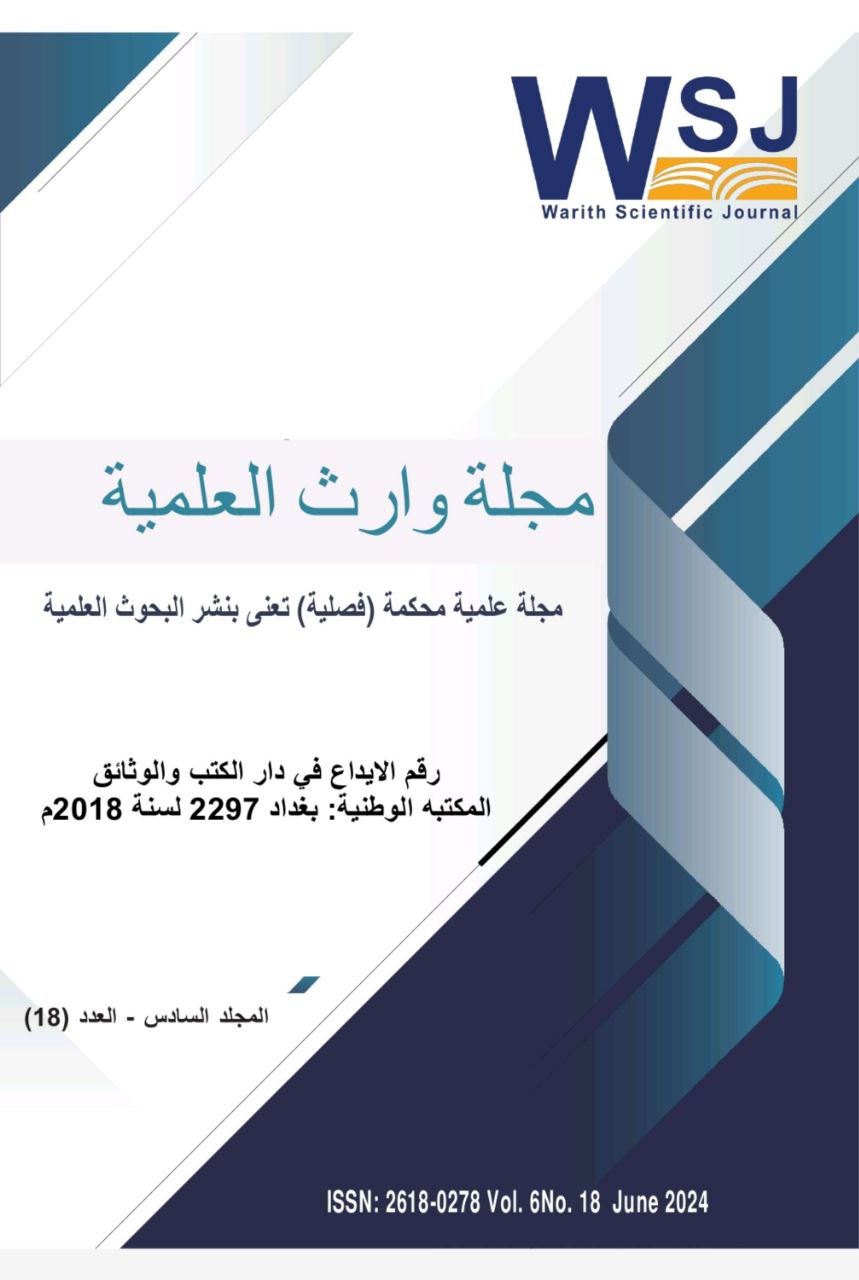The impact of the Academic Cooperation Spectrum on the Means of Reducing the Knowledge gap - A case study at the Universities of Al-Kitab and Mosul
##plugins.themes.academic_pro.article.main##
Abstract
The aim of the research is to know the relationship between the spectrum of academic cooperation and the means of reducing the knowledge gap through a case study at the Universities of Al-Kitab and Mosul in Iraq. Four dimensions of the academic cooperation spectrum were identified: joint research projects, establishing joint laboratories, joint academic programs, academic exchange programs, and also Four dimensions were adopted to reduce the knowledge gap: communication skills, education systems based on new information, innovation systems using new technology, and motivation to use new resources. The researcher presented the problem of the study through the main question of the study: What is the relationship between the spectrum of academic cooperation and the dimensions of reducing the knowledge gap in the universities studied? To achieve the objective of the study, the researcher adopted the descriptive analytical approach to collect and analyze data. The researcher relied on a questionnaire that was designed in a way that covers all research axes, and a comprehensive inventory method was adopted for the study community consisting of (242) college councils in the two universities above. The data were analyzed and hypotheses tested using the statistical program SPSS-v.25 and AMOS_v:24. The study reached the most important results: There is a significant effect of some dimensions of the academic cooperation spectrum in some dimensions of reducing the knowledge gap, and there is a significant effect of some dimensions of reducing the gap on the dimensions of the academic cooperation spectrum.

